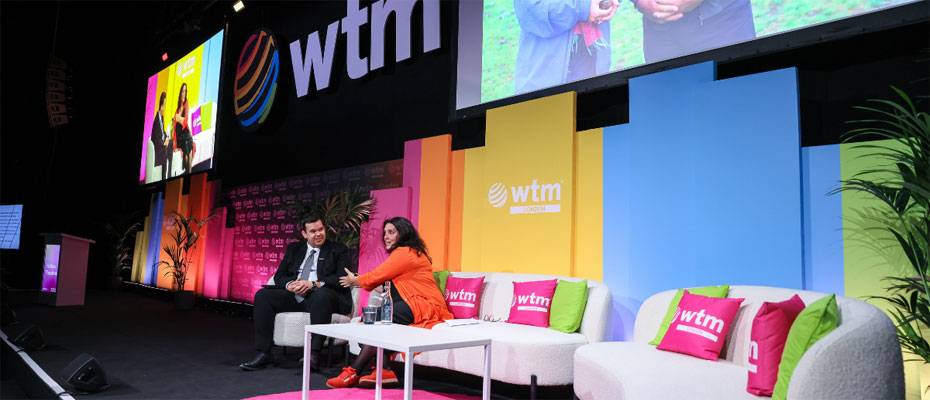Tourexpi
The second day of World Travel Market London 2025 was
marked by high-profile discussions on diversity, equity, accessibility, and
inclusion (DEAI), the impact of AI on tourism, and the integration of
sustainability into mainstream travel. The programme also featured engaging
sessions on marketing through humour and the cultural power of storytelling.
DEAI Summit: Inclusion, accessibility, and the
“business case” for diversity
A key early session at the DEAI Summit addressed
“inclusion fatigue” and growing political resistance to diversity initiatives.
“There is definitely a rollback that is making it more
challenging,” said Joanna Reeve of Intrepid Travel, suggesting that travel can
help bridge divisions by fostering empathy and connection across cultures.
Edgar Weggelaar of Queer Destinations noted that
anti-DEAI rhetoric from political figures, such as during the Trump
administration, has coincided with rising hate crime statistics, warning that
it could hurt U.S. tourism:
“We travel to places where we feel comfortable and
desired.”
Richard Thompson, founder of Inclu Group, highlighted
the ongoing lack of accessibility in luxury travel. He pointed out that his
team’s audit of 600 hotels found more detail about pillow menus and pet
amenities than accessibility information.
“We’re turning disabled people into gamblers,” he
said. “They’re spending tens of thousands on a trip without knowing what
they’ll actually get.”
He described accessible travel as “the last untapped
market,” stressing that accessibility goes far beyond wheelchairs, which
account for only 6% of disabilities.
Sadia Ramzan from The Muslim Women Travel Group
explained that small cultural gestures—such as offering mocktails instead of
sparkling wine on arrival—can transform guest experiences and inspire positive
word of mouth.
FUTURE& strategist Sita Sahu argued that
inclusivity should move beyond HR and marketing:
“By 2030, DEAI will live within governance.
Destinations that don’t show themselves to be inclusive are leaving money on
the table.”
Destinations take the spotlight
Several destinations shared their progress:
·
Thailand’s new marriage equality law is opening new tourism
opportunities, supported by what is believed to be the world’s only national
tourism board with a dedicated LGBTQ+ platform.
·
Malta, long recognised as an LGBTQ+-friendly destination, is conducting
new academic research into inclusive tourism.
·
Iceland’s Minister for Tourism, Hanna Katrín Friðriksson, reflected on
the country’s Women’s Day Off protest, marking 50 years since a landmark strike
for equality, saying its lessons extend to broader inclusion.
AI and media: The human factor in a digital world
At the Media & Influencer Forum, panellists
discussed revenue diversification and the realities of content creation in the
age of AI. Colin Carter of Weather2Travel argued that machine-generated content
cannot replace in-depth, on-the-ground journalism, noting environmental
concerns about AI computing demands.
Frederic Aouad of Stay22 took a pragmatic view:
“Optimising affiliate links is a passion of nobody… AI
can do that for you.”
In the Technology Summit’s AI debate, participants
considered whether AI is a threat or an ally to the travel industry.
Stephen Joyce from Protect Group cautioned that
AI-generated itineraries “remove the magical human chaos of being somewhere
new,” while others maintained that travellers already use AI daily to enhance
their experiences.
A show of hands found the audience overwhelmingly in
favour of AI, prompting Christian Watts of Magpie to remark:
“It’s a tough day for the humans—but the result
reflects not where AI is today, but where it’s going.”
Sustainability and new tourism flows
The Geo-economics and Sustainability Summits examined
how destinations are rethinking source markets and integrating sustainability
into travel offerings.
Shabib Al Maamari of Visit Oman described a new
partnership with Civitatis to attract Spanish- and Portuguese-speaking
travellers, noting “an aggressive race to acquire new source markets.”
In the sustainability panels, speakers emphasised the
rise of slow tourism and “cool tripping” as consumer values shift toward
authentic, eco-conscious experiences.
Iain Powell of Hurtigruten introduced the Norwegian
line’s Open Village concept, featuring hybrid-powered ships, local cuisine from
70 regional suppliers, and cultural engagement at ports.
Tricia Schers of Planeterra shared examples of
community-based enterprises, from the Women with Wheels taxi service in India
to Parwa Restaurant in Peru.
Jane McFadzean of Trip.com Group highlighted a
persistent “say-do gap” between travellers’ sustainability intentions and their
actual bookings, calling for “clear, credible, and consistent” eco-labels to
guide consumer choices.
Marketing: Humour, heritage, and human connection
In the Marketing Summit, British television
personalities explored how creativity and storytelling can make destinations
stand out.
Comedian Maisie Adam joined the “Comedy Sells”
session, noting that travel marketing doesn’t always need to focus on iconic
landmarks:
“You don’t have to show off Machu Picchu; you could be
at an airport talking about the mundane. Humour is a universal language and a
great tool for connection.”
Historian and broadcaster Bettany Hughes later
discussed the power of cultural storytelling, revealing that her documentaries
reached 450 million global viewers in 2024. Viral clips from her
shows—featuring artefacts like a 2,000-year-old perfume bottle from Bulgaria or
paint pots from Pompeii—demonstrate how history can capture global attention.
In other sessions, journalist Ash Bhardwaj examined 12
emotional motivations for travel, from curiosity and empathy to serendipity and
mentorship, while food futurist Tony Hunter explored how Generation Alpha (born
2010–2024) is influencing family travel choices as the “gateway to millennial
wallets.”
Image
Credit: © WTM
The most interesting news
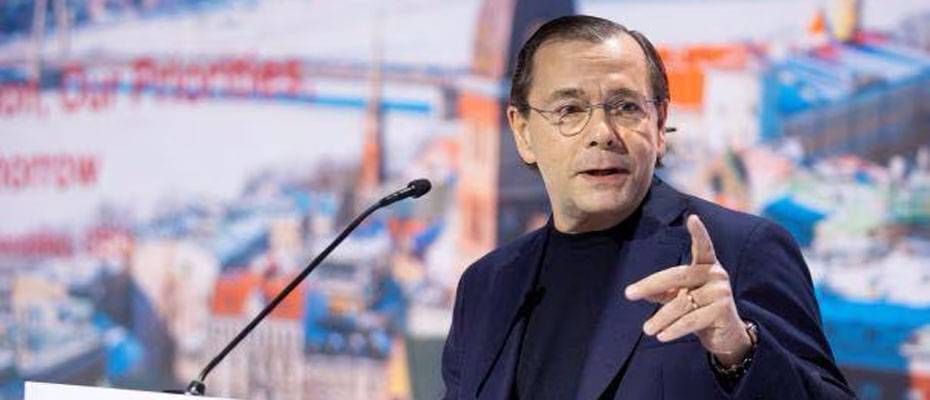 Read the News
Read the News

The Club Hotel Services expands Pulse and GEMS to drive integrated commercial performance
Radisson Hotel Group strengthens data-driven revenue, sales and meetings operations through proprietary platforms
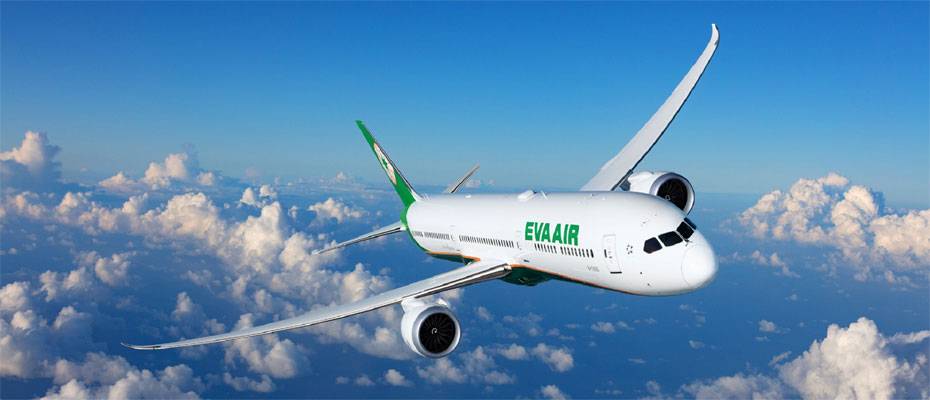 Read the News
Read the News

EVA Air expands U.S. network with nonstop Taipei–Washington service
New route launches on 26 June with four weekly flights
 Read the News
Read the News

TUI Annual General Meeting approves return to dividend
Shareholders endorse new dividend policy and governance adjustments
 Read the News
Read the News

The Ritz-Carlton and Kilometre Paris unveil handcrafted travel capsule
Limited-edition accessories inspired by four iconic coastal resorts
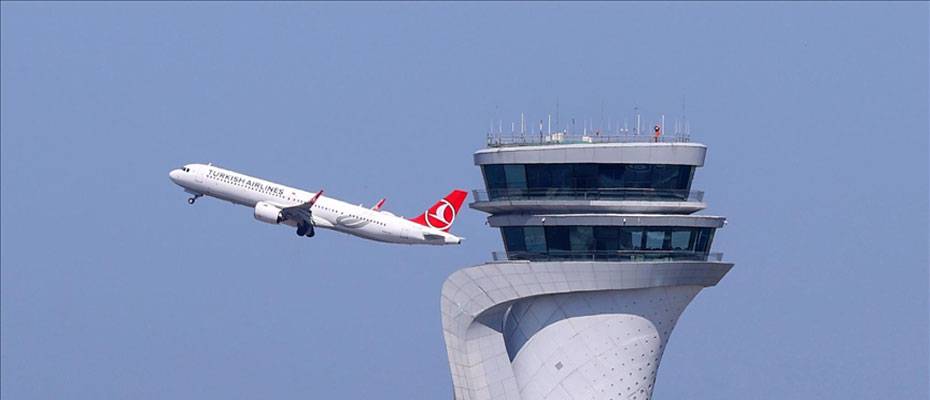 Read the News
Read the News

Turkish Airlines Carries 7,6 Million Passengers in January
Flag carrier reports double-digit growth and strong load factor at the start of 2026
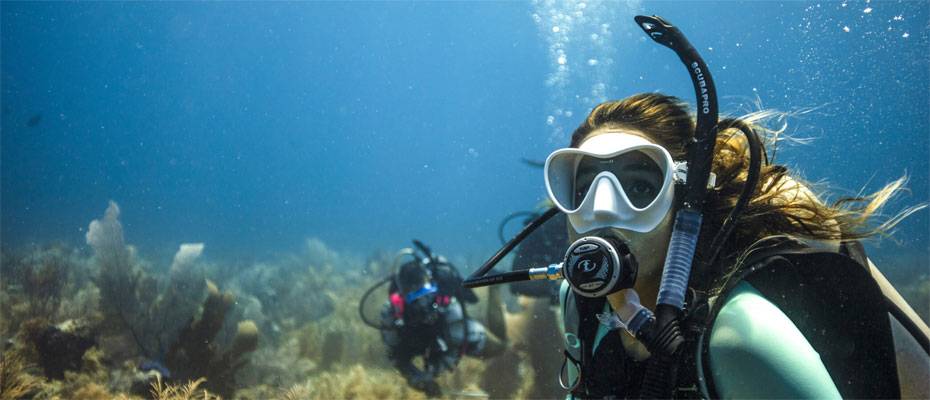 Read the News
Read the News

TAT Strengthens Dive Tourism with PADI Partnership
New alliance positions scuba diving as a wellness-led, responsible travel experience under the global “Healing is the New Luxury” campaign
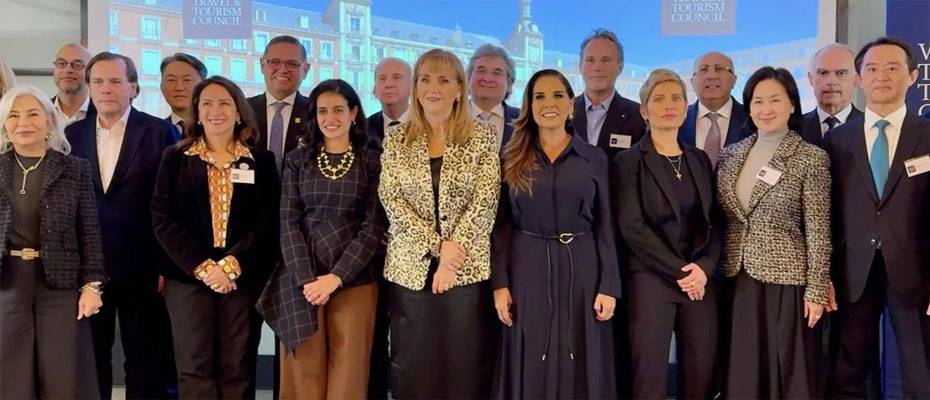 Read the News
Read the News

WTTC high-level meeting in Madrid explores global investment outlook for Travel & Tourism
Industry leaders and policymakers highlight growth potential, sustainability and the role of public-private partnerships
 Read the News
Read the News

Sabre accelerates air shopping with cache-powered intelligent technology
New AI-driven solution delivers real-time, bookable flight offers in under 500 milliseconds while reducing look-to-book ratios
 Read the News
Read the News

China Cultural and Tourism Gala marks Spring Festival with Yangjiang launch
Nearly 20-hour livestream showcases Guangdong and nationwide destinations for domestic and international audiences
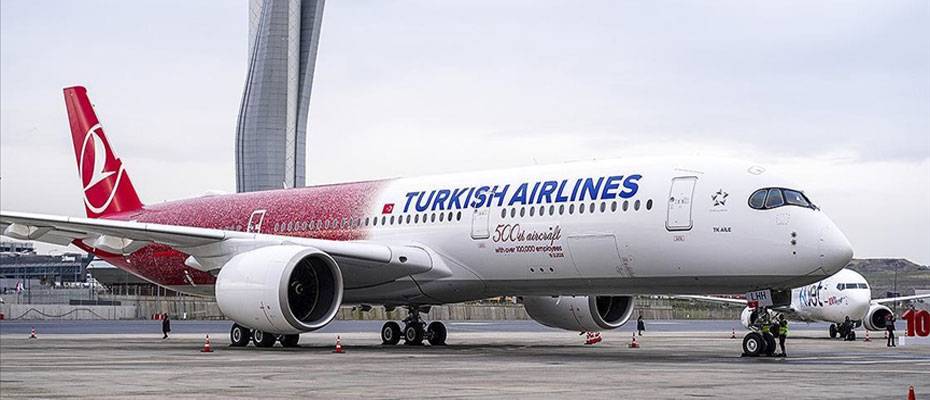 Read the News
Read the News

Turkish Airlines welcomes 500th aircraft
Airbus A350 named “TK Aile” features images of 100,000 employees
 Read the News
Read the News

Marriott International posts record growth in Greater China
More than 200 deals signed in 2025, expanding pipeline by 36,000 rooms / Luxury, premium and select-service brands drive development momentum
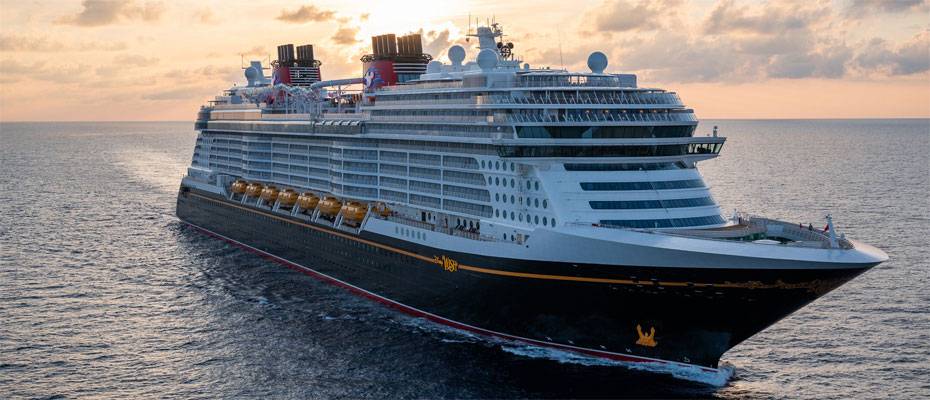 Read the News
Read the News

Disney Cruise Line unveils expanded summer 2027 programme
New European season for Disney Wish, broader Caribbean and Alaska itineraries / Marvel and Pixar themed cruises return
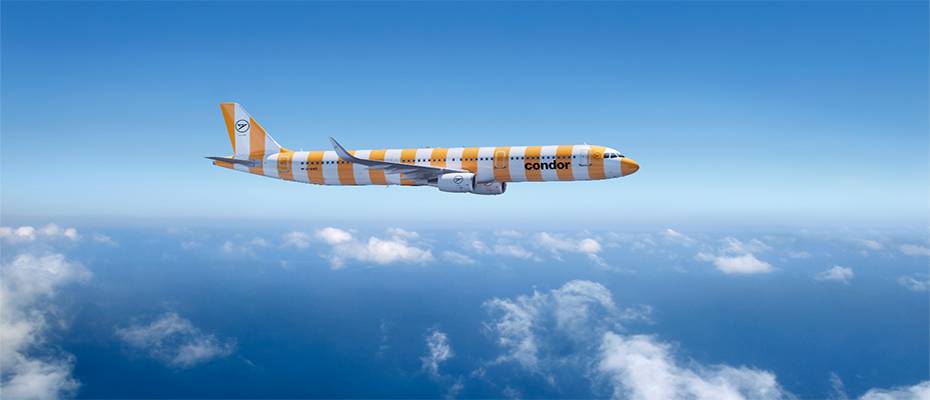 Read the News
Read the News

Condor Launches Inaugural Flight to Haikou, Expanding China Network
Seasonal service strengthens presence on Hainan Island and responds to peak holiday demand
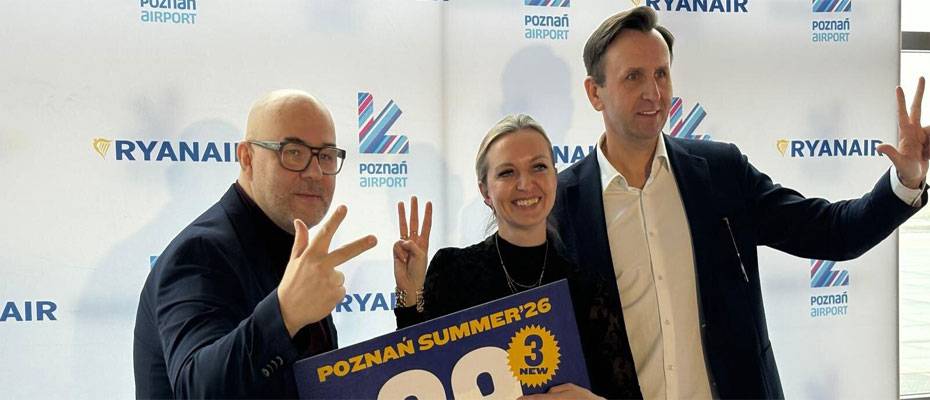 Read the News
Read the News

Ryanair unveils Summer 2026 schedule for Poznań
39 routes, including three new destinations, and five based aircraft
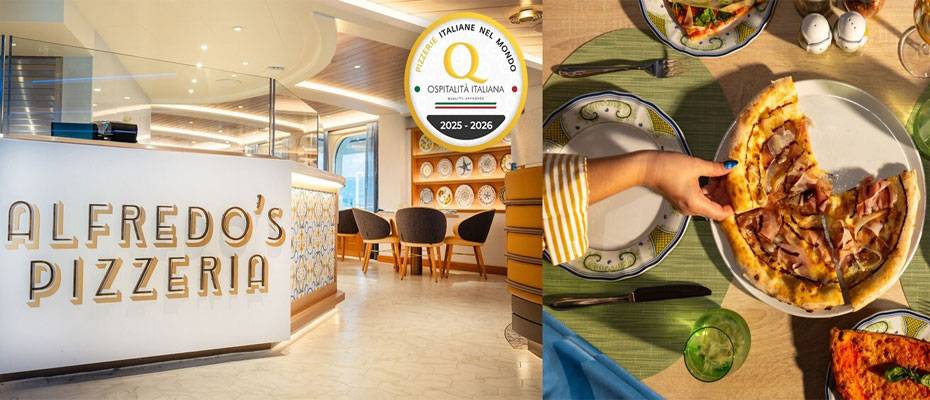 Read the News
Read the News

Princess Cruises Celebrates Ospitalità Italiana Certification for Alfredo’s Pizzeria
Prestigious seal honors authentic Italian pizza aboard Sun Princess and Star Princess
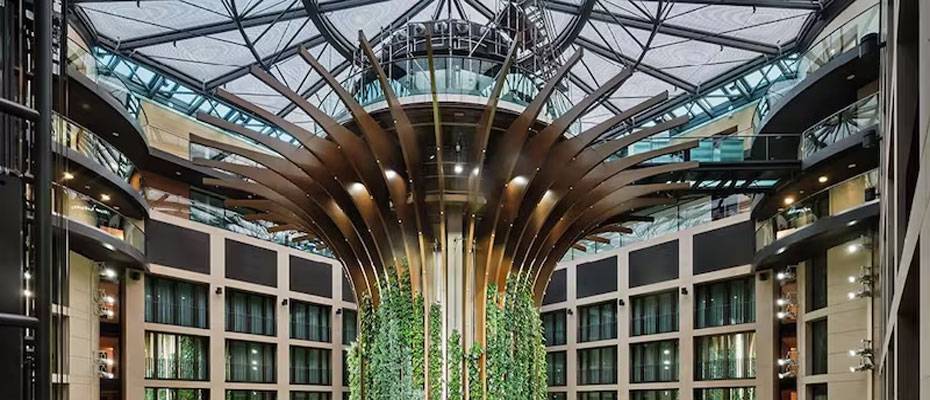 Read the News
Read the News

Radisson Hotel Group and Amadeus introduce direct API connectivity
New interface links EMMA CRS with the Amadeus Travel Platform
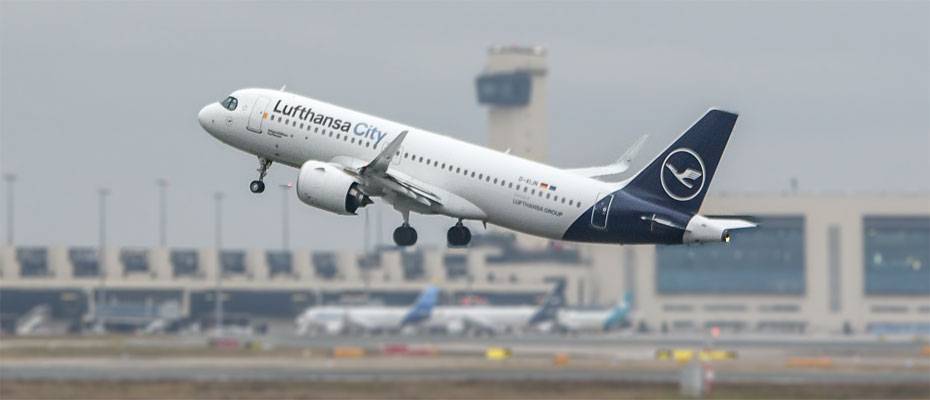 Read the News
Read the News

Lufthansa City Airlines opens Frankfurt base
Operations begin at the Group’s largest hub on 9 February 2026 / Five destinations at launch, fleet to grow to seven A320neo aircraft by autumn
 Read the News
Read the News

Hilton Accelerates Growth in Türkiye With Five New Hotel Signings
Expansion across four brands strengthens lifestyle portfolio and regional footprint
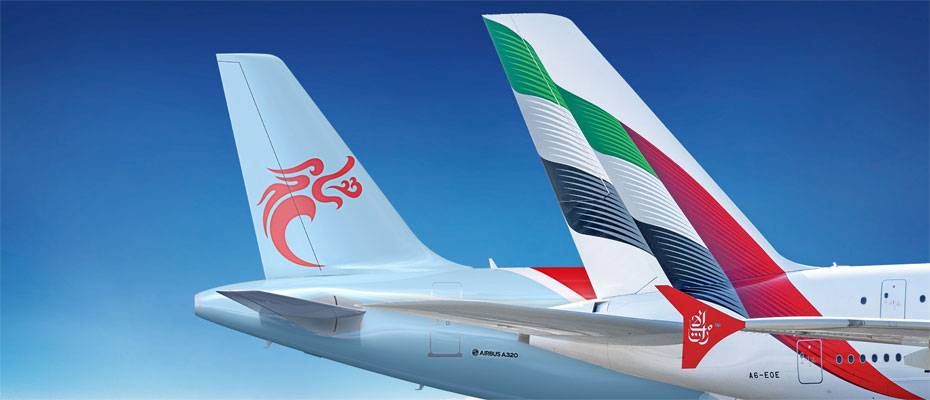 Read the News
Read the News

Emirates broadens China network via Loong Air partnership
Interline agreement opens access to 22 additional destinations
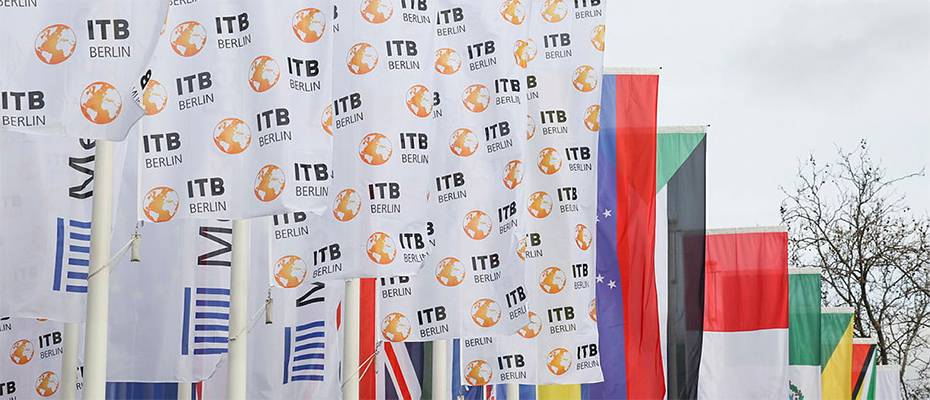 Read the News
Read the News

ITB Berlin 2026 fully booked for milestone edition
Anniversary show draws exhibitors from over 160 countries
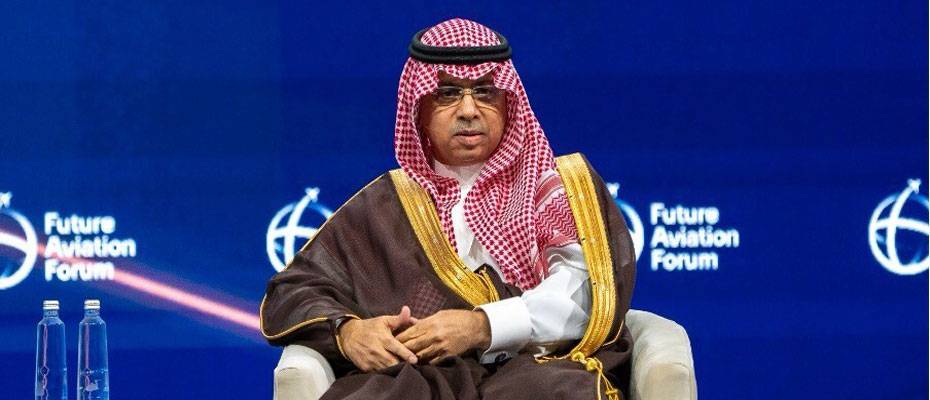 Read the News
Read the News

Saudi Arabia confirms 2026 Future Aviation Forum in Riyadh
Global industry gathering returns from 20–22 April

